The most common injury over the last 20 years in the AFL is the hamstring injury. Minor improvements in injury rates have occurred, mainly due to improved fitness training and better emphasis on injury prevention. The hamstring consists of three main muscles at the back of the thigh. There are two muscles on the inside of the thigh and the biceps femoris on the outside of the thigh. The biceps femoris is more prone to injury than the inside muscles. Hamstring injuries usually occur by an overstretching activity such as kicking or bending down to the ball or whilst the athlete is sprinting.
read this post heresee this page15 off promo codefake watchesclear phone casesvergilbte handyhulle reinigenget code
Children’s sporting injuries are common at the start of a new season. It is not uncommon for kids to do 5 or 6 days a week of their chosen sport, especially if they play for school, club and representative or academy teams. We commonly hear that 10 to 16-year-old kids are clocking up 10-12 hours of solid activity. Even the highly trained AFL footballers don’t do that much full-on exercise. Unlike our young athletes, Elite players have access to complete recovery programs such as ice baths, massage, yoga and Physio to help them. It is easy to understand that the high training demands placed on a young developing body can lead to injuries.
As a Physio, we are often asked what are muscle knots or trigger spots, why we get them and how to get rid of them?

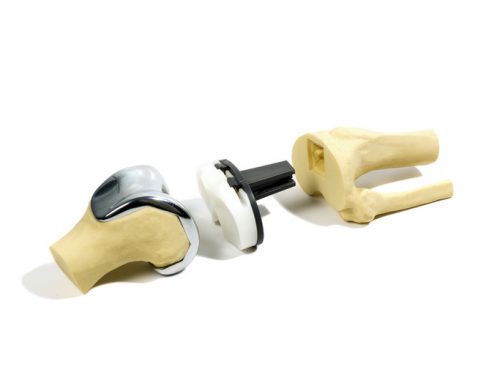
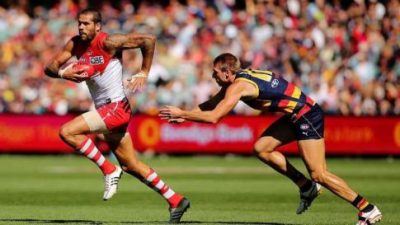

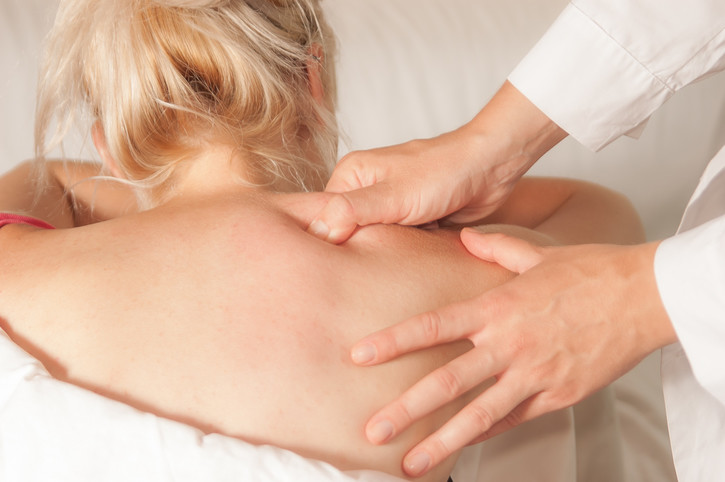
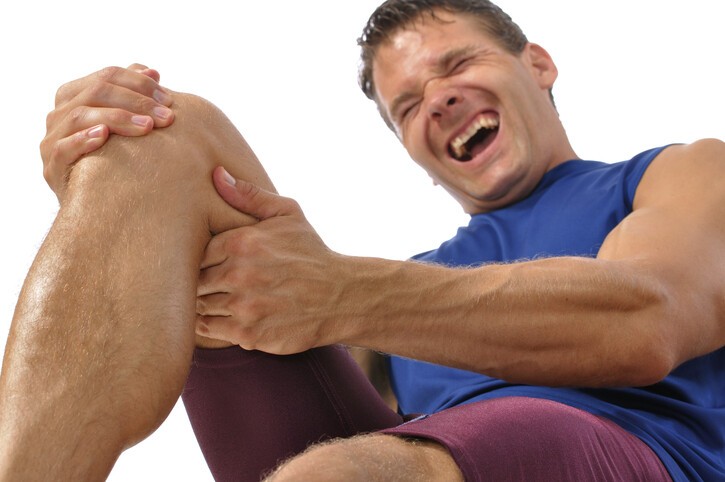
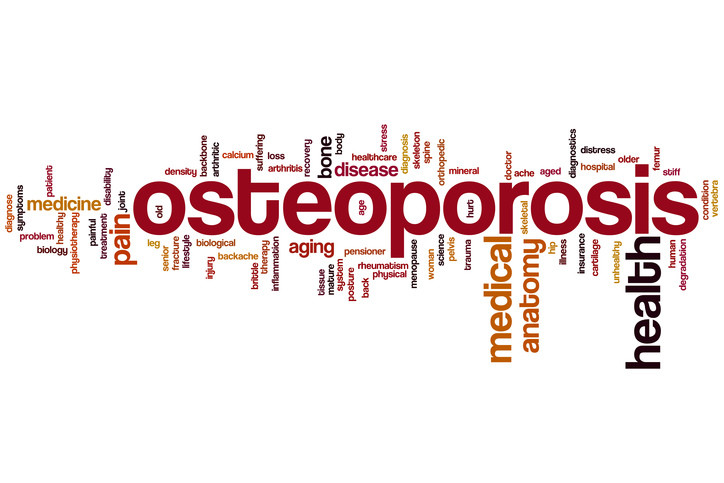
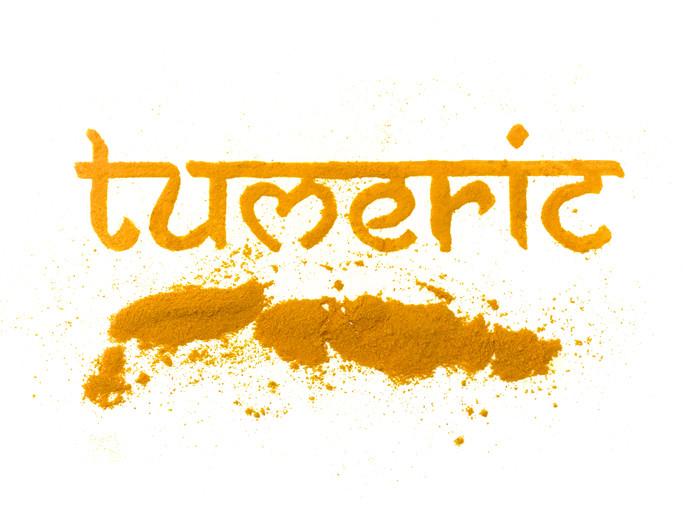

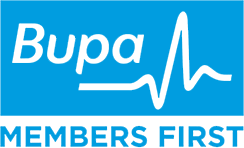




Make an Appointment
COMPLEXICA BUILDING Level 1, 9 Charles St
West Lakes 5021
Call Us08 8347 2043